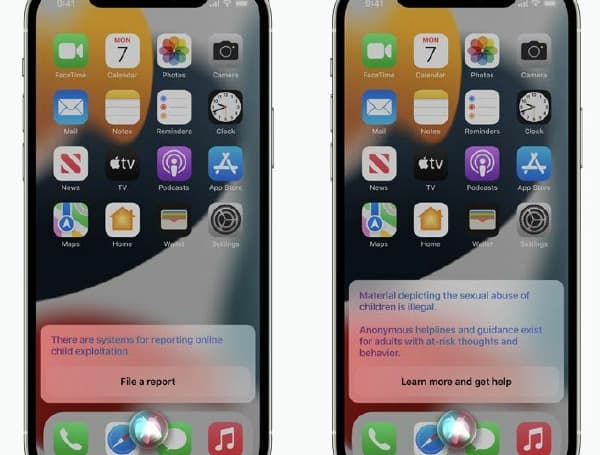Unlike most major tech giants, Apple has always believed in the importance of privacy. The electronics giant has gone above and beyond in its efforts to prevent governments and corporations from spying on its users. In fact, the company is now so trusted that many citizens choose it above other manufacturers who give out information without a second thought.
It should come a no surprise, therefore, that Apple now has the data-hungry social media giant, Facebook, in its sights. For years, Facebook’s app sat on iPhone users’ phones and collected whatever information it wanted to feed to the platform’s advertisers. But this business model never really sat well with Apple’s privacy values and premium services. Why were high-end consumers handing over their data when they were already paying money to get the best?
In September 2021, Apple will correct the situation in an update for iOS 15. The company says that in addition to other new features, it will include a privacy report that shows users just how much information Facebook is siphoning off their phones. From next month, you’ll be able to see how many times apps access your camera and contact lists and which third party domains they are contacting when they do.
Opt-In Only Tracking
In the past, if users wanted to opt out of tracking, they had to do it manually. And most didn’t know how to do it (thanks to the sheer volume of settings). But Apple is going to change this. As of iOS 14.5, opt-in technology is being implemented. So that means that users will actively have to tell Facebook and other advertisers who they are – something that’s unlikely to happen.
How Google reacts will be interesting. Clearly, Google itself relies on advertising revenues to keep its business afloat. So any change in default privacy settings could impact its reach. But the way Google’s advertising works is quite different from Facebook and it is not clear that it relies so heavily on its advertising network as Facebook does.
Currently, iPhone tracking takes place via something called the “identifier for advertisers.” This is essentially a code that Facebook and other brands use to see which ads you interacted with and when, regardless of the device that you use. But if you turn off tracking on the iPhone, developers can no longer identify individual customers and, therefore, can no longer learn more about them.
Interestingly, the iOS 14.5 privacy updates already hurt Facebook and its advertisers. Around 75 percent of users are opting out of allowing the company to track them and to see what they are doing. As people swap older phones for newer ones (or more people move over to Apple) that number is likely going to continue to increase.
Worse still for Facebook, Apple users are often high-paying consumers. They tend to be the sort of people who have money to spend.
Protests
Of course, Facebook has been complaining about Apple’s privacy policy ever since it announced the changes that it was going to be making last year. The social network knows that if Apple successfully rolls out the policy change, it will be in trouble.
But there seems to be relatively little the social network can do about it. It already tried taking out full page ads railing against the decision in various newspapers but, by and large, most consumers are actually embracing the change.
So far, Facebook has avoided the worst of it. Only a few app developers have opted to include an “Ask App Not to Track” feature. But that will almost certainly change when iOS 15 emerges and the policy becomes more widespread. For Facebook, the impacts are likely going to be large.
Users with iCloud storage full of photos, can therefore consider themselves safe from Facebook’s tracking. Apple is blocking developers from accessing user information via devices at its end, essentially putting the likes of Facebook between a rock and a hard place. Although app developers have been slow to introduce policies based on Apple’s privacy policy, the operating system update in the third quarter is going to mean that Facebook’s revenues start to suffer in the forith,
Users shouldn’t underestimate the magnitude of these changes that Apple is making. It is single-handedly pushing back against the ever-increasing intrusion of companies like Facebook and once again putting control in the hands of users. Thus, if Facebook wants to secure data from iPhone users, it is going to have to offer them value. Siphoning data simply isn’t going to work anymore.

